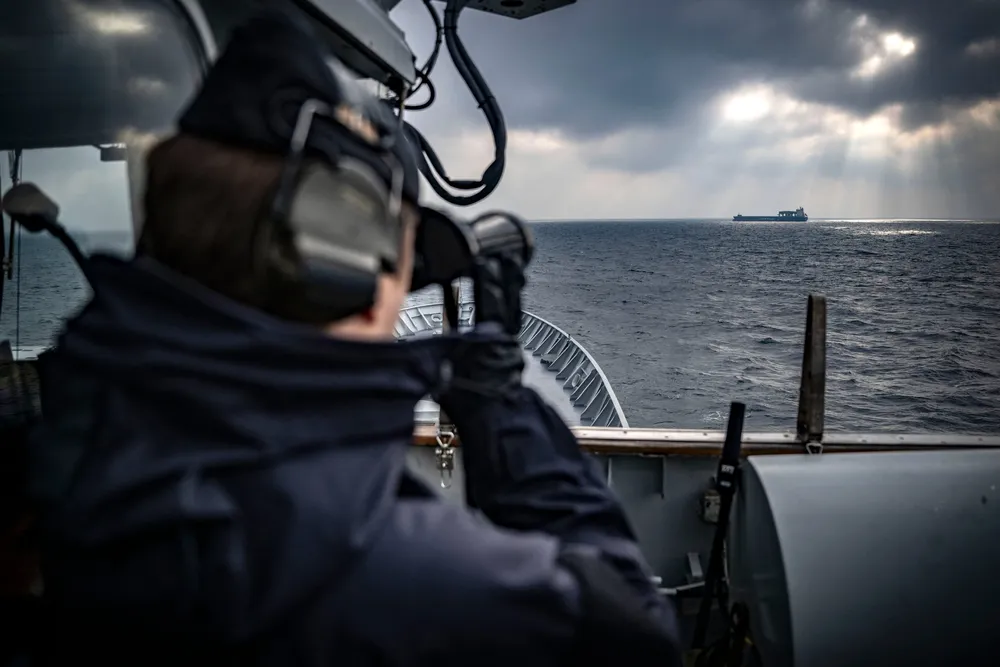Baltic Sea nations pledge to protect undersea power cables
TSO's flank Warsaw meeting of EU energy ministers with paper to create roadmap towards up to 93GW of offshore wind

Eight countries surrounding the Baltic Sea have pledged to work together in investing and completing interconnectors in the region and protecting undersea cables – as part of the EU’s aim to install up to 93GW of offshore wind in the basin.
Energy ministers of the Baltic Energy Market Interconnection Plan (BEMIP) – Germany, Denmark, Sweden, Poland, Finland and the three Baltic States Estonia, Latvia and Lithuania – together with the European Commissioner for Energy and Housing Dan Jørgensen, at an EU energy meeting in Poland before signing a memorandum of understanding (MoU) on the increased cooperation discussed pressing energy security matters.
The declaration by BEMIP members “will accelerate regional cooperation on interconnectors, enhancing our energy security and resilience and step up joint work to protect our critical energy infrastructure, including undersea cables,” Jørgensen said.
“This is even more vital in the current geopolitical circumstances, when boosting energy independence and security is an absolute must.”
The Baltic and North Seas have in recent years been the subject of major security scares involving energy infrastructure and alleged Russian or Chinese threats.
The BEMIP countries (plus Norway as an observer) since 2008 have pushed for an end to the energy isolation of the Baltic Sea Region and to integrate it fully into the EU energy markets – with increasing success as the Baltic States earlier this year were able to integrate with the rest of the EU’s power market and sever their energy dependence on Russia.
Wake effects and supply chain bottlenecks
Parallel to the ministers’ meeting, transmission system operators (TSOs) from the eight countries have published an expert paper intending to develop a road map for an efficient and resilient offshore grid to connect the countries.
Questions of safety and protection of the maritime infrastructure play a vital role, German TSO 50Hertz said.
“The expert- paper also examines whether the planned offshore wind farms may have wake effects and thus a loss of performance, how significant financing requirements can be secured with a fair cost-benefit share in view of rising project costs, and how bottlenecks in supply chains can be jointly mitigated through standardisation and coordinated scheduling,” the TSO said.
Iberian blackout and security of supply
Both Russia’s war on Ukraine and the recent blackout on the Iberian Peninsula proved the necessity for a stepped-up integration, she pointed out.
"Security of supply is essential – the recent blackout on the Iberian Peninsula has made this unmistakably clear to all of us. That's why we urgently need a reality check for reliable and affordable energy in Europe,” Reiche said after the Warsaw meeting.
“Together, we must strengthen supply chains for energy raw materials, reduce our dependence on third countries, and enable innovation.